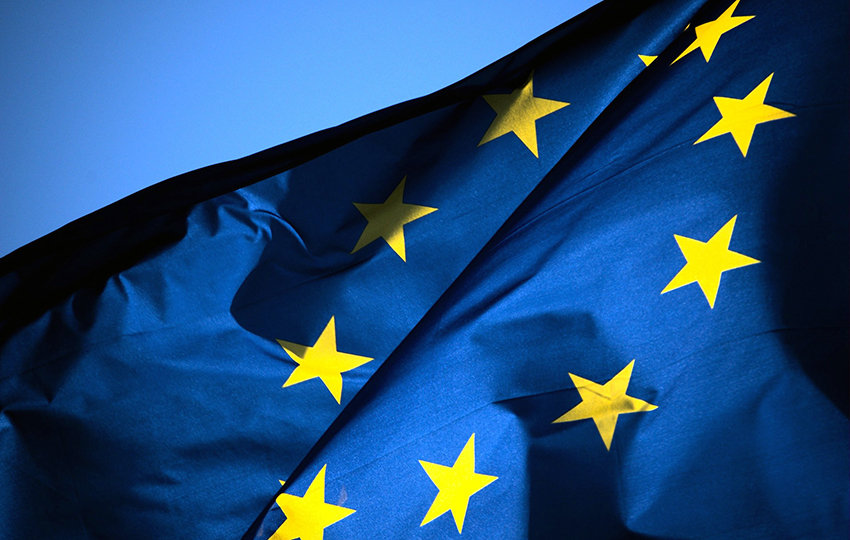The European programme that is supporting education, youth, training and sports, is the Erasmus Plus Financial Framework. The time span of a project under the Erasmus Plus umbrella can last from one all the way up to three years. Everything depends on the actions of the project as well as the impact it is expected to have.
A brief introduction to the programme
The Erasmus Plus Financial Framework is divided into three major categories. These categories are:
- Key Action 1 (KA1)
- Key Action 2 (KA2)
- Key Action 3 (KA3)
Each of these major categories has subcategories focusing on specific fields of action depending on the impact the project is aimed to make.
Knowledge Alliances
One of the subcategories of Key Action 2 is Knowledge Alliances. Knowledge Alliances are transnational and result-driven activities between higher education institutions and businesses. The activities focus on promoting cooperation between the different organizations that are established in the Programme Countries. Organization from Partner Countries can also be a part of these projects, as long as they can add value to them, but do not have the ability to enter as applicants.
The key aim of every Knowledge Alliance is to strengthen Europe’s innovation capacity and to foster innovation in higher education as well as business initiatives. The goal is to bring modernization, through innovation, to both academia and the real economy.
Regarding higher education, the EU has a renewed Agenda. That Agenda has been created based on the success of past EU projects and the EU’s capacity to build a better and brighter future for citizens all around Europe.
Here are the key priorities for Higher Education according to the EU Agenda:
- Tackling future skills mismatches and promoting excellence in skills development
- Building inclusive and connected higher education systems
- Ensuring higher education institutions contribute to innovation
- Supporting effective and efficient higher education systems
Due to the very important role of Higher Educations on the evolution of European society, there is an increased demand for skilled and socially engaged people that fit the 4 key priorities mentioned above.
As things go with every shift and change, in this case as well, certain modern skills will need to be taught to the people. At the same time, people will need to learn the importance of social engagement and how that can have a great impact on society. This will help develop both continuous educational systems and, that will help businesses find relevant talent on a Pem-European level.
Funding Opportunities in 2020
European Union supports these actions through the implementation of various EU Projects. There are new funding opportunities for 2020 that will promote projects focusing on teaching modern skills and competencies to people and support higher education and businesses all around Europe.
For all these projects, the European Union will allocate:
- Maximum EU contribution awarded for a 2-year Knowledge Alliance: 700,000 EUR
- Maximum EU contribution awarded for a 3-year Knowledge Alliance: 1,000,000 EUR
- Financial contributions from the EU are calculated using a fixed scale of unit costs. These unit costs have been calculated in a way that the co-funding is inherent to them, i.e. already incorporated.
The projects under the Knowledge Alliance Action will need to focus on objectives such as:
- Developing new, innovative and multidisciplinary approaches to teaching and learning modern skills and competencies
- Stimulating entrepreneurship and the entrepreneurial skills of higher education teaching staff and company staff
- Facilitating the exchange, flow, and co-creation of knowledge
Multiple opportunities are being offered to organizations in any discipline and/or sector, through the Knowledge Alliance Action. For example, organizations have the opportunity to build cross-sectoral cooperation in order to promote and support different innovative industries such as ICT – start-ups/spin-offs, culture/tourism – life science and health and many more.
With Knowledge Alliances being such a strong card for the EU, multiple organizations are interested in writing and submitting proposals to take part in this action. There are some very important key actions that will need to be taken into account when writing the proposal.
Criteria of a good KA2 Knowledge Alliance Proposal
Based on our vast experience on EU Projects and Key Alliances, we have distinguished the criteria that matter the most, when it comes to building a proposal for KA2 Knowledge Alliances. These criteria are:
- The relevance of the proposal. Purpose+ Consistency+ Innovation+ European added value
- Quality of the project design and implementation.
- Quality of the project team and the cooperation arrangements.
- Impact and dissemination
Here in IED, after having submitted and implemented a very large number of different project proposals, we suggest that you follow these criteria to the letter if you want your proposal to be a success. In particular, we suggest that you:
- Make sure your proposal meets the Purpose+Consistency+Innovation+ European added value challenges.
- Involve partners throughout the entire application stage
- Continue to involve your partners throughout the entire project proposal. Cooperation is the key!
- Make sure that you will set clear benefits for the industry, academia and other stakeholders
- Choose your partners wisely
Regarding the selected partners, make sure that you will:
- Set clear and formalized cooperation arrangements
- Ensure coherence between the proposal and the general strategy of the organizations involved
- Ensure trust, confidence, and commitment in the partnership
- Clear objectives and activities to achieve them
- Ensure a consistent approach to specific needs/gaps
- Demonstrate your statements in your application
- Clear and measurable impact and sustainability
Are you interested in these Actions? You can still apply for the KA2 Knowledge Alliance Framework. The deadline closes at 26th of February 2020 12:00 noon, CET Brussels time. If you lack proper partners that will meet the criteria mentioned above, you can Contact the IED’s team today. Our experience and expertise will make us the best partner to add to your consortium.

